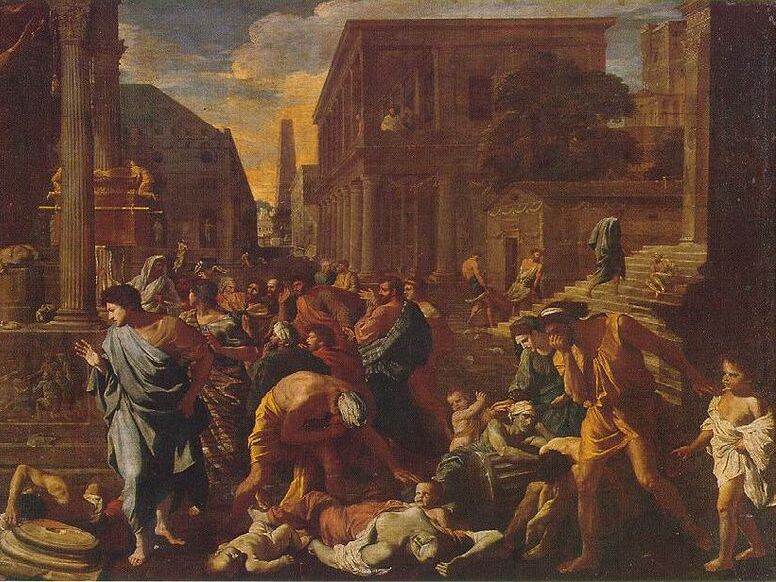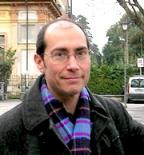HUMS 275, Literatures of the Plague

Course Description
In a new era of pandemic, we have seen how widespread medical crisis has profound effects on individual life and consciousness, and on political and economic institutions and practices. Our material and psychic supply chains grow tenuous. All of life changes even as we try to preserve what we deem most valuable. We must rethink what we consider to be “essential.” Yet this is far from being a new condition. Infectious disease has been part of the human social world probably since the beginnings of urban life. The Bible describes plagues sent by God as punishment. The earliest historical depiction was by Thucydides shortly after the plague in Athens in 430 BCE. At each occasion, people have tried to witness and to understand these “visitations,” as Daniel Defoe called them. The Plague is always a medical, political, economic and an interpretive crisis. It is also a moral crisis, as people must not only try to understand but also determine how to act. This course studies accounts of pandemics, from Thucydides in Athens up to our ongoing Coronavirus outbreaks. We trace the histories of understanding that accompanied pandemics: religious, scientific, philosophical, ethical, literary. It seems to be the case that these vast, horrifying penetrations of death into the fabric of life have inspired some of our fragile and resilient species’ most strange and profound meditations.
Led by:
 |
Professor Jim BergerMy academic, political, and personal interests these days coalesce around the question of the future–the possibility, or lack of possibility–of a just and sustainable future. Where are the gaps in our dystopic horizons? Can we even imagine alternatives to neoliberal/late capitalist modes of production and distribution? What are the yet unimagined forms of human solidarity that will lead to social change? What are the meanings of the cultural obsessions with zombies and assorted dsytopias? I am trying to think through the “not enough” of Naomi Klein’s No is Not Enough, the sets of ideological blockages and passages of Franco Berardi’s Futurability: The Age of Impotence and the Horizon of Possibility, the still outrageous queer provocations of Lee Edelman’s No Future, questions regarding the future of disability posed by Allison Kafer and Rosemarie Garland-Thomson, the omni-permeating diagnoses, accusations, and introspections of Claudia Rankine’s Citizen (which are explosive charges set at all the earth’s imagined corners), the possibility of poetry, the possibility of manifesto, the possibility of OBU (One Big Union/ Oligarchy Busters United), the meaning and possibility of every “carrying (or sending) across”–trans-mission, meta-phor, trans-lation. I’m interested also in the future of the university. What is being lost or distorted in its current metamorphoses? |